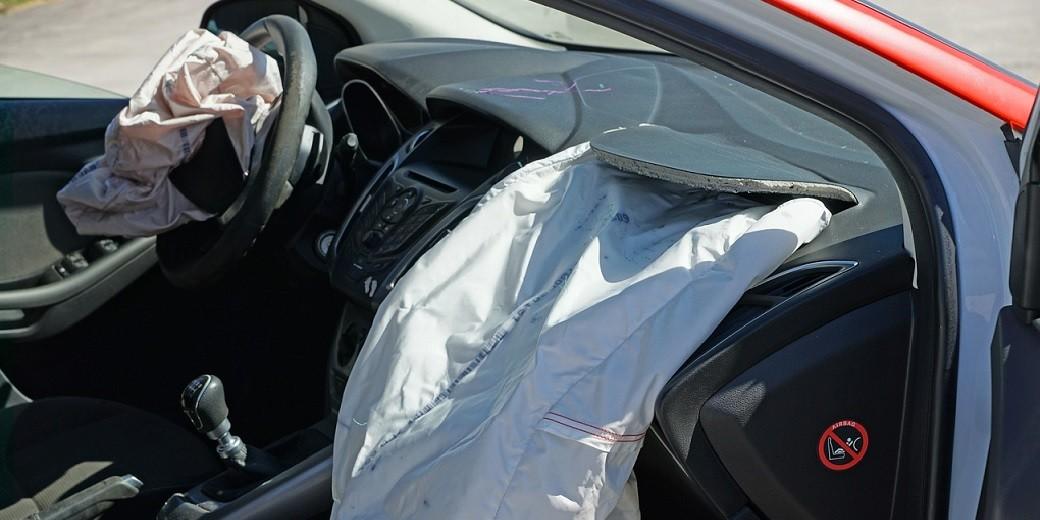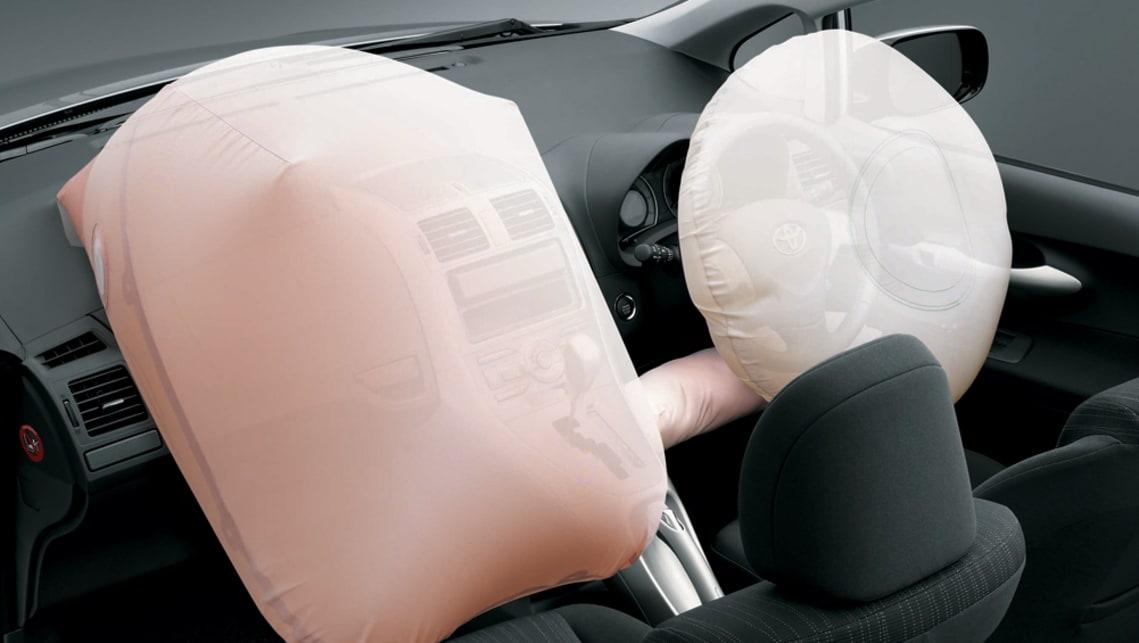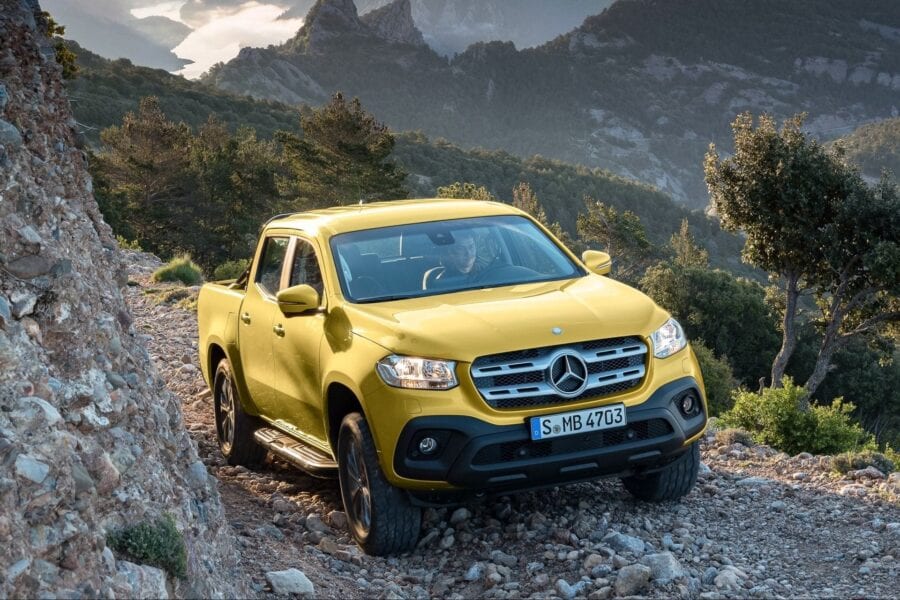
Defective Takata airbags result in mandatory recall of 2.3 million vehicles

2.3 million vehicles will be recalled due to defective Takata airbags, which could cause metal fragments to shoot at passengers.
The Australian Government has announced a mandatory recall of 2.3 million vehicles with defective Takata airbags, based on information provided by the Australian Competition and Consumer Commission (ACCC).
So far, only 16 manufacturers have voluntarily recalled 2.7 million vehicles, of which 1.7 million have been refurbished since the recall began in 2009, about 63 percent.
However, the ACCC believes more can be done to fix the fatal Takata airbag malfunction that claimed the lives of one Australian and 22 people worldwide.
Some manufacturers, including Mitsubishi and Honda, have expressed frustration at customers' indifference to repairing their vehicles.
Nine more automakers will be forced to recall 1.3 million vehicles, which, in addition to the remaining million still outstanding through voluntary recalls, now brings the total number of vehicles in need of repair to 2.3 million by the end of 2020.
New vehicle brands added to Takata's recall list include Ford, Holden, Mercedes-Benz, Tesla, Jaguar, Land Rover, Volkswagen, Audi and Skoda, although specific models have yet to be revealed.
While these manufacturers also source airbags from Takata's factories, they claim that the devices used were manufactured to a higher level of quality than the dangerous ones that are being recalled.
Manufacturers that have participated in the Takata voluntary recall include BMW, Chevrolet, Chrysler, Dodge, Ferrari, GMC, Honda, Jeep, Lexus, Mazda, Mitsubishi, Nissan, Subaru, Toyota, Volvo and Hino Trucks.
A malfunction in airbags made by Takata can cause the fuel to degrade over time, and due to the accumulation of moisture, it can malfunction in an accident and throw metal fragments into the cabin of the car.
The government has yet to announce penalties for manufacturers that do not comply with the mandatory recall.
Some manufacturers, including Mitsubishi and Honda, have expressed frustration at customers' indifference to repairing their vehicles despite numerous attempts to communicate.
Earlier this week, Mitsubishi ran ads in national newspapers pleading with customers to have their vehicles repaired, while Honda insisted that affected vehicles be banned from Australian roads.
Assistant Treasury Secretary Michael Succar said automakers could do more to fix Takata's faulty airbags, which are becoming more dangerous over time.
Up to 25,000 high-risk Alpha units have also been identified, with a 50 percent chance of misdeployment.
“Some manufacturers have not taken satisfactory action to address the serious safety risk that occurs after airbags are over six years old,” he said.
"In order to ensure a coordinated recall, over the next two years, manufacturers will need to gradually identify their recalls and replace airbags in affected vehicles."
Some manufacturers have replaced at-risk Takata airbags with similar devices as a temporary measure before permanent repair components become available, which are also subject to a mandatory callback.
Up to 25,000 high-risk Alpha units have also been identified, which have a 50 percent chance of misdeployment and will be prioritized when recalled.
The ACCC says vehicles affected by Alpha "must not be driven" and manufacturers will have to arrange for them to be towed to a dealership for repairs.
A list of vehicles affected by the voluntary recall can be found on the ACCC website, and automakers are also expected to release a list of models in need of repair in the near future.
Is forced recall the right course of action to eliminate the potentially lethal Takata airbags? Tell us what you think in the comments below.
